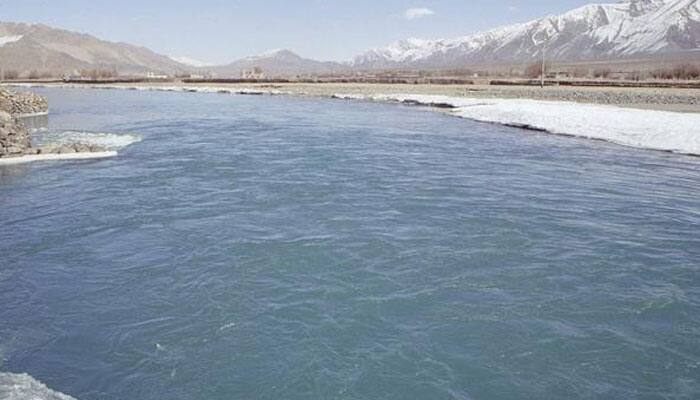New Delhi: At a time when the Centre is set to review the India-Pakistan Indus Waters Treaty, a PIL has been filed in the Supreme Court challenging the constitutional legality of the water sharing accord signed between the two nations in 1960.
According to reports, the PIL has been filed by a Delhi-based lawyer ML Sharma on the ground that the Indus Waters Treaty was not signed by the then President of India.
The PIL claims that the treaty is not constitutionally valid since it was signed by the then President of Pakistan Ayub Khan and Jawaharlal Nehru, who was then Prime Minister and not the head of the state at that time.
The petitioner had urged the apex court to hear the petition on an early date in the course of the mentioning, however, a bench of Chief Justice TS Thakur and Justice AM Khanwilkar said it would come up in the normal course.
When the petitioner advocate pressed for an early hearing, the court asked him where he was all these years.
Advocate Sharma had contended that the treaty should have been signed by the President of India.
The Indus Waters Treaty is a water-sharing arrangement signed which was signed by the two sides on September 19, 1960, in Karachi.
It covers the water distribution and sharing rights of six rivers - Beas, Ravi, Sutlej, Indus, Chenab and Jhelum. The agreement was brokered by the World Bank.
The agreement was signed because the source of all the rivers of the Indus basin were in India (Indus and Sutlej, though, they originate in China). It allowed India to use them for irrigation, transport and power generation, while laying down precise do’s and don’ts for India on building projects along the way.
Pakistan feared that India could potentially create droughts in case of a war between the two countries. A Permanent Indus Commission set up in this connection has gone through three wars between the two countries without disruption and provides a bilateral mechanism for consultation and conflict-resolution through inspections, exchange of data and visits.
In the aftermath of the Uri terror attacks, the Centre has called a high-level meeting today to review the Indus Waters sharing treaty with Pakistan. PM Modi will meet relevant officials from various ministries today, including External Affairs and Water Resources.
The Prime Minister, sources say, wants to discuss the pros and cons of taking action against Pakistan. This confirms that among the various options on the discussion table for India's response to the Uri attack, reconsidering the Indus Waters Treaty with Pakistan could be one.
Over the last week, there has been clamour for action against Pakistan, after terrorists of Pakistan-based terror group Jaish-e-Mohammad, attacked an army base in Kashmir's Uri, killing 18 soldiers.
One of the suggestions is to turn off the Indus river tap that waters much of Pakistan. It is perceived that the pressure could compel Pakistan to crackdown on non-state and state actors acting against India.
















